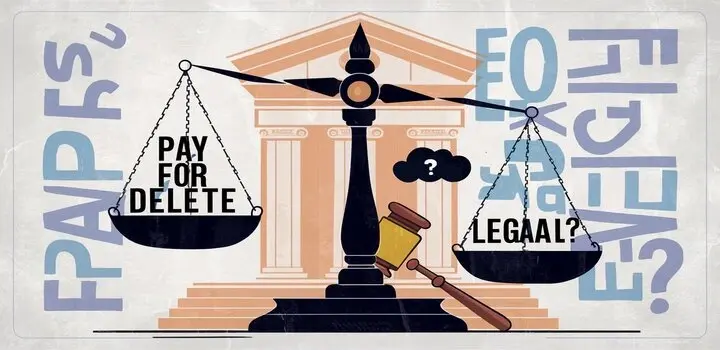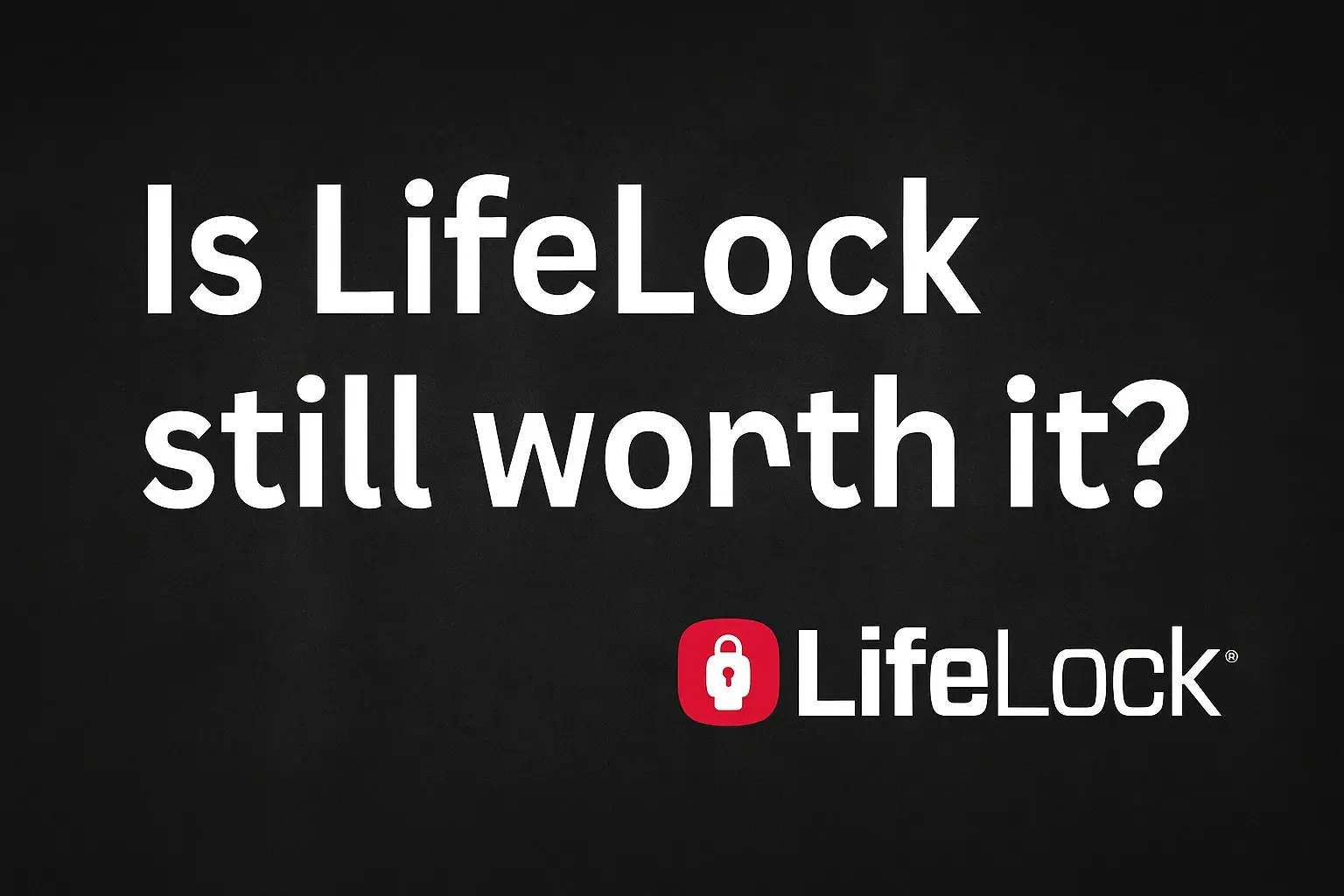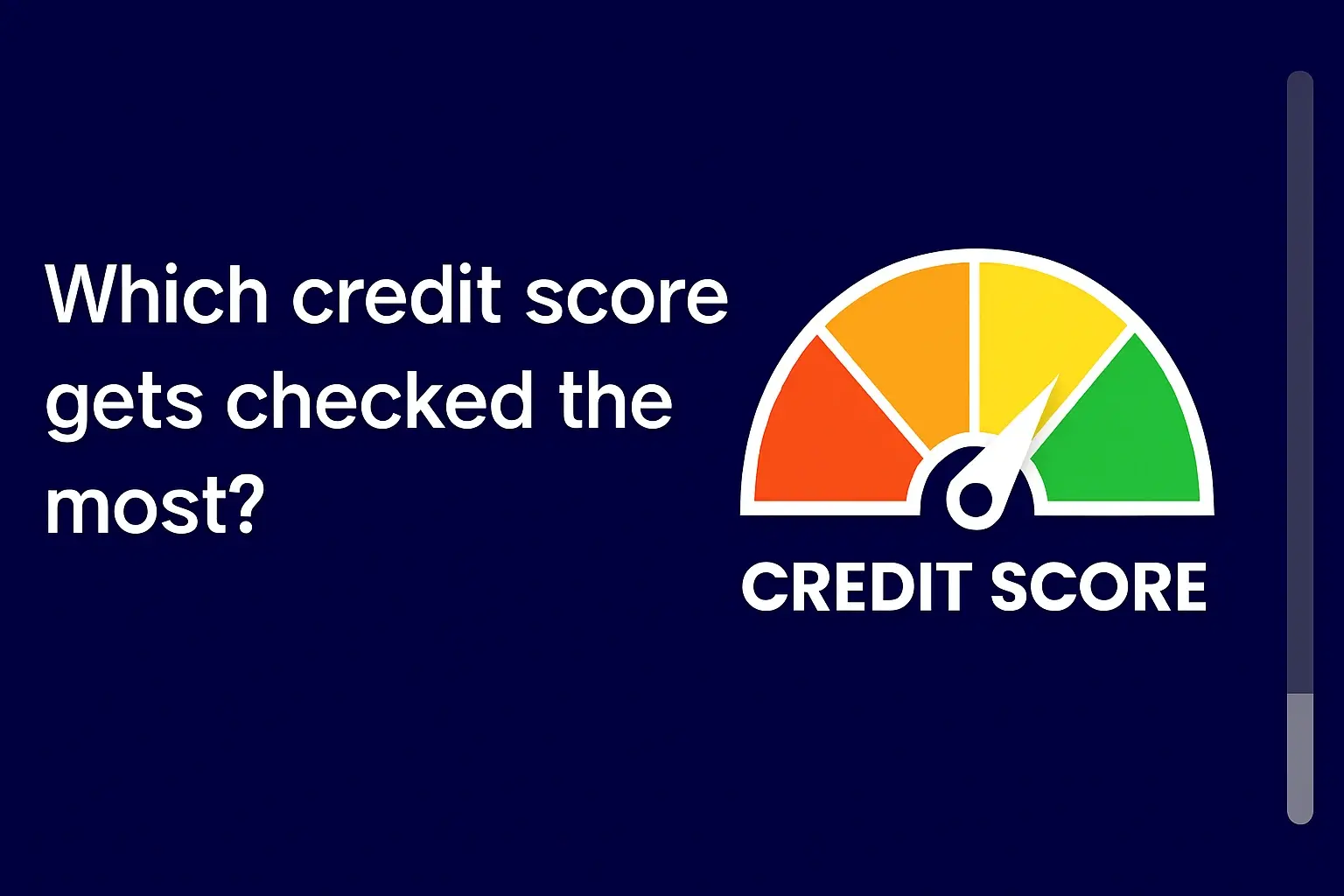-
Posted on: 23 Jul 2024

-
Deciding when to claim Social Security is one of the most significant financial decisions you'll make in retirement. Understanding the implications of claiming early (at 62) versus waiting until your full retirement age (typically 67) is crucial for maximizing your benefits and ensuring long-term financial security. This guide provides a detailed comparison to help you make an informed choice.
Understanding Social Security and Your Retirement Age
Social Security is a cornerstone of retirement income for many Americans. It's a federal program that provides benefits to retirees, disabled workers, and their families. The amount you receive depends on your earnings history and the age at which you begin claiming benefits.
Key Retirement Ages
- Early Retirement Age (62): This is the earliest age at which you can begin receiving Social Security retirement benefits. However, claiming at 62 results in a permanent reduction in your monthly benefit amount.
- Full Retirement Age (FRA): This is the age at which you're entitled to receive 100% of your primary insurance amount (PIA). The FRA is 67 for those born in 1960 or later. For those born before 1960, the FRA is between 65 and 67.
- Age 70: If you delay claiming Social Security beyond your FRA, you'll receive delayed retirement credits, which increase your monthly benefit. These credits stop accruing at age 70.
Claiming Social Security at 62: The Pros and Cons
Pros of Claiming at 62
- Immediate Income Stream: Receiving benefits sooner provides an immediate source of income, which can be particularly helpful if you've lost your job, are facing unexpected expenses, or simply want to retire earlier.
- Enjoying Retirement Sooner: Early claiming allows you to retire sooner and enjoy more years of leisure and pursuing your passions.
- Potential for Greater Lifetime Benefits (in certain scenarios): If you have a shorter life expectancy, claiming early might result in receiving more total benefits over your lifetime. This is especially true if you have health issues or a family history of early mortality.
- Peace of Mind: Knowing you have a guaranteed income stream can provide peace of mind, especially during uncertain economic times.
Cons of Claiming at 62
- Reduced Monthly Benefit: The most significant drawback is the permanent reduction in your monthly benefit amount. Claiming at 62 typically results in a 25% to 30% reduction compared to claiming at your FRA. This reduction persists for the rest of your life.
- Potentially Lower Lifetime Benefits: If you live a long life, claiming early could result in receiving less total benefits over your lifetime compared to delaying.
- Impact on Spousal Benefits: Your claiming decision can impact spousal benefits. If your spouse is eligible for benefits based on your record, their benefit amount may also be affected by your early claiming.
- Limited Earning Potential: If you continue to work while receiving Social Security benefits before your FRA, your benefits may be reduced if your earnings exceed certain limits. The Social Security Administration (SSA) deducts $1 from your benefits for every $2 you earn above the annual limit (for 2023, this limit is $21,240). In the year you reach FRA, the deduction is $1 for every $3 earned above a different limit. These amounts change annually.
Example of Benefit Reduction at Age 62
Let's say your primary insurance amount (PIA) at your full retirement age (67) is $2,000 per month. If you claim at age 62, your benefit will be reduced by approximately 30%, resulting in a monthly benefit of $1,400. This $600 difference will continue for the rest of your life.
Claiming Social Security at 67 (Full Retirement Age): The Pros and Cons
Pros of Claiming at 67
- Receive 100% of Your PIA: Claiming at your FRA ensures that you receive 100% of your primary insurance amount, which is the benefit you're entitled to based on your earnings history.
- Potential for Higher Lifetime Benefits: If you live a long life, claiming at your FRA is likely to result in receiving more total benefits over your lifetime compared to claiming early.
- Favorable Spousal Benefits: Claiming at your FRA can positively impact spousal benefits, as your spouse may be entitled to a higher benefit amount based on your record.
- No Earnings Restrictions: Once you reach your FRA, you can earn any amount without affecting your Social Security benefits.
Cons of Claiming at 67
- Delayed Income Stream: Waiting until your FRA means delaying your income stream, which can be challenging if you need the money sooner.
- Potentially Missed Benefits (in certain scenarios): If you have a shorter life expectancy, waiting until your FRA might result in receiving fewer total benefits over your lifetime.
- Opportunity Cost: Delaying claiming means missing out on several years of benefits that could have been used for various purposes.
- Uncertainty About the Future: Delaying claiming involves uncertainty about your future health and circumstances. You might prefer to have the guaranteed income now rather than risking unforeseen events.
Example of Benefit Calculation at Full Retirement Age
Using the previous example, if your PIA at age 67 is $2,000, claiming at age 67 allows you to receive the full $2,000 per month. This provides a significant increase compared to the $1,400 you would receive if claiming at age 62.
Factors to Consider When Making Your Decision
The best age to claim Social Security depends on your individual circumstances and priorities. Consider the following factors when making your decision:
1. Health and Life Expectancy
- Life Expectancy: Estimate your life expectancy based on your health, family history, and other factors. If you expect to live a long life, delaying claiming is generally a better strategy.
- Health Concerns: If you have health problems or a family history of early mortality, claiming early might be more beneficial.
2. Financial Needs and Resources
- Income Needs: Assess your income needs in retirement. If you need the money sooner rather than later, claiming early might be necessary.
- Savings and Investments: Evaluate your savings and investment portfolio. If you have sufficient retirement savings, you might be able to delay claiming Social Security and receive a higher benefit later.
- Other Income Sources: Consider other sources of retirement income, such as pensions, annuities, or part-time work.
3. Employment Status
- Working Status: If you plan to continue working while receiving Social Security benefits before your FRA, be aware of the earnings limits.
- Job Security: If you've lost your job or are concerned about job security, claiming Social Security might provide a necessary safety net.
4. Marital Status
- Spousal Benefits: Consider the impact of your claiming decision on spousal benefits. If your spouse is eligible for benefits based on your record, their benefit amount might be affected.
- Divorced Spouse Benefits: If you're divorced and meet certain requirements, you might be eligible for benefits based on your ex-spouse's record.
5. Personal Preferences
- Retirement Goals: Think about your retirement goals and lifestyle preferences. Do you want to retire early and pursue your passions, or are you willing to work longer to maximize your Social Security benefits?
- Risk Tolerance: Consider your risk tolerance. Delaying claiming involves the risk of potentially missing out on benefits if you die before receiving them.
Breaking Down the Math: A Simple Comparison
To illustrate the potential differences in total benefits received, let's consider two scenarios:
Scenario 1: Claiming at Age 62 vs. 67 (Short Life Expectancy)
Assume a PIA of $2,000 at age 67, and a reduced benefit of $1,400 at age 62. We'll assume death at age 75.
- Claiming at 62: Benefits received for 13 years (156 months) = $1,400 * 156 = $218,400
- Claiming at 67: Benefits received for 8 years (96 months) = $2,000 * 96 = $192,000
- In this scenario, claiming at 62 yields a higher total benefit.
Scenario 2: Claiming at Age 62 vs. 67 (Long Life Expectancy)
Assume the same PIA and reduced benefit, but assume death at age 90.
- Claiming at 62: Benefits received for 28 years (336 months) = $1,400 * 336 = $470,400
- Claiming at 67: Benefits received for 23 years (276 months) = $2,000 * 276 = $552,000
- In this scenario, claiming at 67 yields a higher total benefit, despite starting later.
Important Note: These are simplified examples. Factors like inflation, cost-of-living adjustments (COLAs) to Social Security, and potential investment of early benefit payments can influence the actual outcomes. Consult with a financial advisor for personalized projections.
Seeking Professional Advice
Making the decision about when to claim Social Security is complex. It's essential to seek professional advice from a financial advisor or retirement planner who can help you assess your individual circumstances and develop a customized retirement plan. A qualified advisor can provide personalized guidance on:
- Estimating your life expectancy
- Analyzing your financial needs and resources
- Evaluating the impact of different claiming strategies
- Developing a comprehensive retirement plan
Conclusion
There's no one-size-fits-all answer to the question of whether it's better to collect Social Security at 62 or 67. The optimal claiming age depends on your individual circumstances, health, financial needs, and personal preferences. Carefully consider the pros and cons of each option and seek professional advice to make an informed decision that aligns with your retirement goals and ensures your long-term financial security. Don't rush into a decision; taking the time to properly evaluate your options is critical to ensuring a comfortable retirement.











